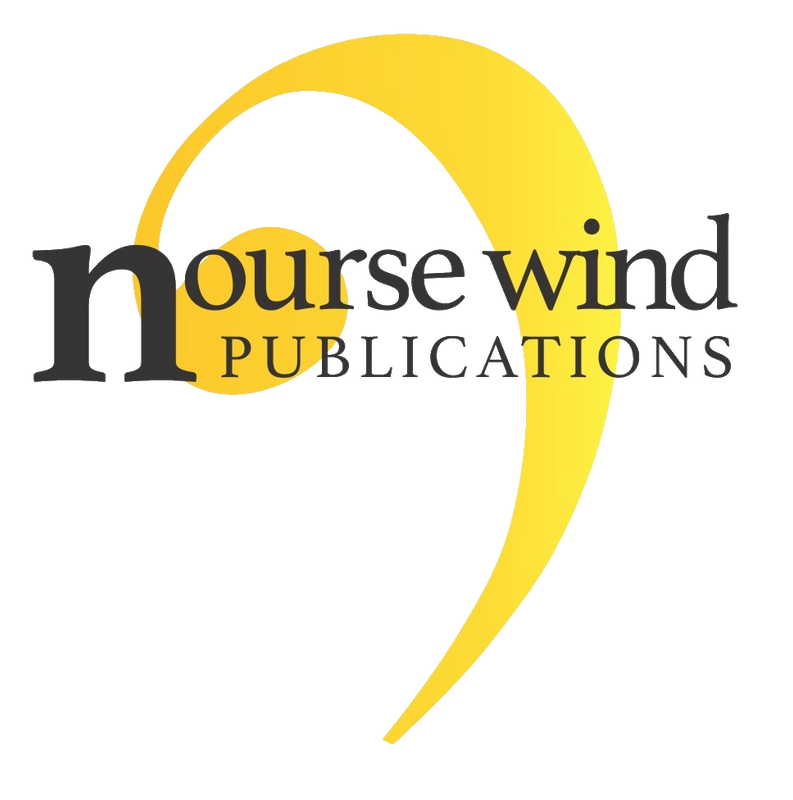Weiss - Sonata XXIV (Dresden nr.4) for Guitar - G6765EM
This sonata (WeissSW No. 4, Dresden) is one of a new series of eight sonatas by Silvius Leopold Weiss arranged for the first time for guitar and published by Metropolis Music.
Sonata XXIV comes from a set of tablature manuscript volumes in the Sächsisches Landesbibliothek in Dresden (Ms. Mus. 2841-‐V-‐1). There are five volumes with a total of 34 sonatas of Weiss for solo lute. The sonatas are ordered by key and further sorted by size or complexity. Sonata XXIV comes from Weiss’s late ‘productive’ period, after 1730. The Sonata has six movements: Prelude, Ouverture (including allegro and largo), Courante, Bourée, Menuet and Gavotte. There is another copy of this Sonata, known as Parte (or Partita) no. 11, in a London Manuscript (British Library Ms. Add. 30387). The London Manuscript seems to be incomplete. It does not include a Menuet and a Gavotte. The Sonata in this Edition is based on the Dresden Manuscript. However, both the Prelude and the Bourée are coming from the London copy. The Dresden Prelude is regarded as spurious, and the London Bourée is more lively and in balance with the other movements. In a few passages of the Ouverture and the Courante I have made some adaptions on the basis of the London manuscript, to create the best of the two versions. In the Ouverture I have omitted the repeat indications. There are two Menuets in the Dresden Sonata. One has been crossed in the original manuscript with the accompanying note: ist nicht von Mr Weis. The other one has been added later, probably by the compiler of the volumes. The original London Prelude of this particular Sonata is composed in a ‘simplified’ style; a common practice for adding preludes to lute sonatas in the 18th century. I have added the original example to my transcribed version. Perhaps it invites others to make their own arrangement.
Originally, the Sonata is written in B flat major, a key often used by Weiss as it is appropriate for playing the lute. With the guitar, however, the key is rather awkward. For ease and effectiveness of playing, I have transposed the Sonata a minor third lower to G major. To create more concordance with the baroque tuning of the lute, the G string is lowered by a semitone to F sharp. I suggest using a capodastro to achieve the original pitch. Based on the present standard of A at 440 Hertz, the capo should be placed at the 3rd fret. However, during Weiss’s lifetime, it was more common in many parts of Germany to use a standard of A at 415 Hertz -‐ a semitone lower. So, to hear the pitch heard by Weiss and his contemporaries, the capo should then be positioned at the 2nd fret.














